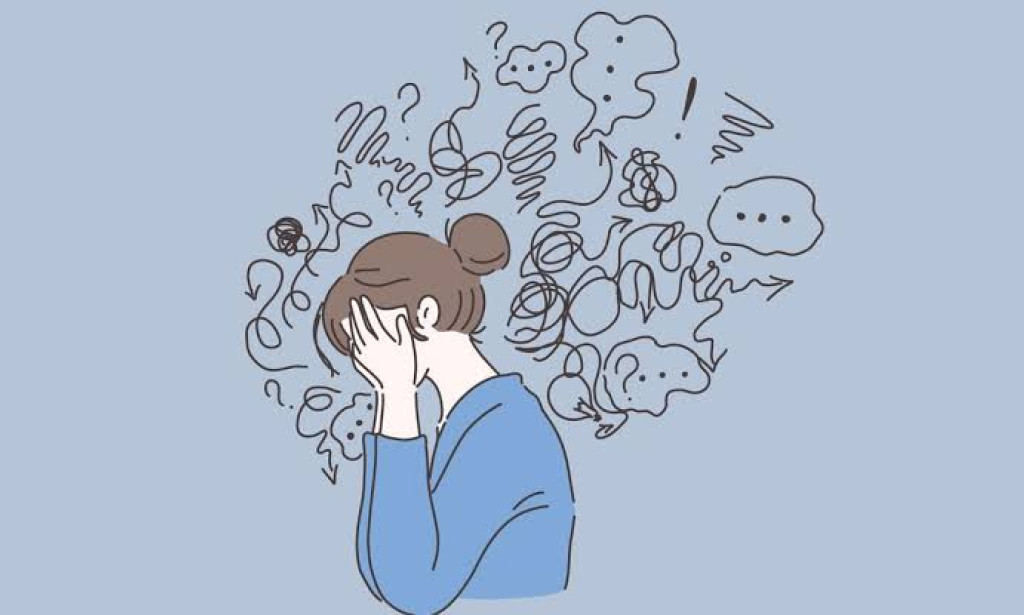The Impact of Stress on Health and How to Manage It
Stress is a natural response to challenging situations, but prolonged or chronic stress can have serious consequences for your physical and mental health. Understanding its effects and learning how to manage stress effectively can improve your overall well-being and quality of life.
How Stress Affects Health
1. Physical Health:
Chronic stress can lead to various physical issues, including headaches, high blood pressure, heart disease, and a weakened immune system. It can also contribute to gastrointestinal problems like ulcers or irritable bowel syndrome.
2. Mental Health:
Long-term stress is closely linked to anxiety disorders, depression, and other mental health conditions. It can also interfere with sleep patterns, leading to insomnia or poor-quality rest.
3. Behavioral Changes:
People under stress may turn to unhealthy coping mechanisms, such as overeating, smoking, or alcohol consumption, which further harm their health.
Strategies to Manage Stress
1. Exercise Regularly:
Physical activity releases endorphins, the body’s natural mood elevators. Activities like walking, jogging, or yoga can help alleviate stress and improve overall health.
2. Practice Mindfulness:
Techniques such as meditation, deep breathing, and mindfulness exercises can help you stay grounded and reduce stress levels.
3. Maintain a Healthy Lifestyle:
Eating a balanced diet, staying hydrated, and ensuring adequate sleep can strengthen your body’s resilience to stress.
4. Set Boundaries:
Learn to say no and prioritize tasks to avoid feeling overwhelmed. Proper time management can significantly reduce stress levels.
5. Seek Social Support:
Sharing your concerns with friends, family, or a support group can provide relief and offer new perspectives on handling challenges.
6. Professional Help:
If stress becomes unmanageable, seeking help from a counselor or therapist can provide valuable tools for coping.
Conclusion
While stress is an inevitable part of life, how you respond to it makes all the difference. By adopting healthy habits and proactive stress management strategies, you can protect your health and maintain a balanced, fulfilling life. Take the time to prioritize self-care—it’s an investment in your well-being.

Excellent 👌
Amazing
Educative
Amazing
This is so helpful! ☺️
Soo éducative😊
Nice
Educative
So helpful
Exactly what I needed!
Such good content
More people need to read this
Amazing
So informative
You must be logged in to post a comment.